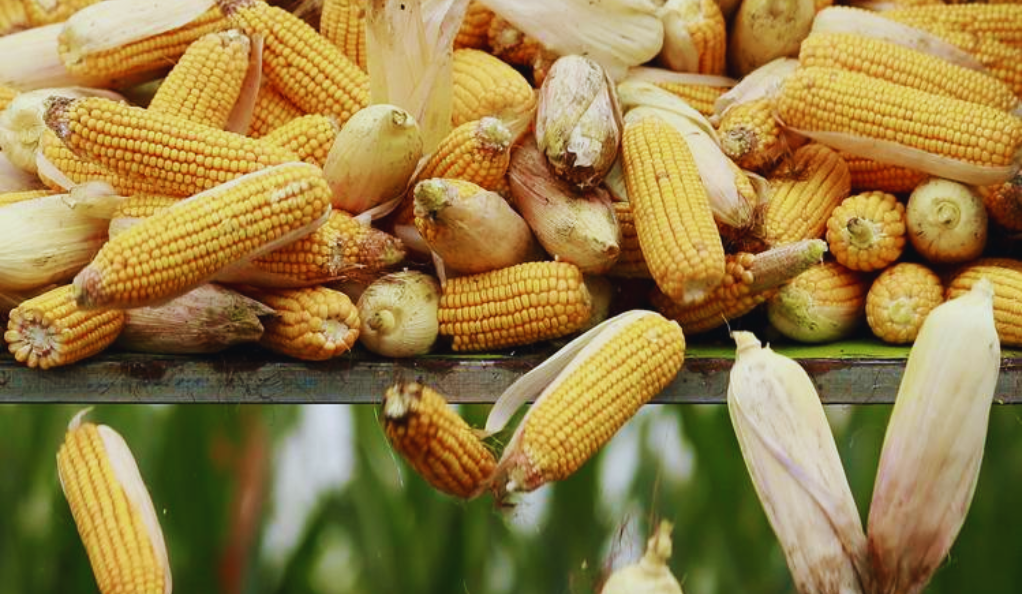Analyzing Corn Prices: Potential Decline Ahead?
Corn prices are subject to various factors that can influence their volatility in the market. Understanding these key indicators and market trends is crucial for predicting future price movements. In this article, we will delve into the factors affecting corn prices and assess the likelihood of an impending decline in corn prices.

Factors Affecting Corn Prices: Key Indicators and Market Trends
-
Weather Conditions: One of the primary factors affecting corn prices is weather conditions. Corn is highly sensitive to weather, especially during its growing season. Unfavorable weather conditions such as droughts or excessive rainfall can significantly impact crop yields. A decrease in yield due to poor weather conditions can lead to a decrease in supply, thereby driving up corn prices. Conversely, a favorable growing season can result in a surplus supply, leading to lower prices.
-
Demand for Ethanol: Corn is a major feedstock for ethanol production, a biofuel additive used in gasoline. The demand for ethanol can have a significant influence on corn prices. Government policies promoting the use of ethanol and fluctuating oil prices can impact the demand for corn. If the demand for ethanol increases, corn prices are likely to rise due to the higher demand for corn as a raw material for its production.
-
Trade Policies and International Competition: International trade policies and competition can also affect corn prices. Changes in import and export regulations or tariffs imposed on corn can disrupt global supply and demand dynamics. Additionally, competition from other countries that are major corn producers, such as Brazil and Argentina, can influence prices. Increased competition can lead to lower prices in the global market.
Projection Analysis: Assessing the Likelihood of an Impending Decline in Corn Prices
Based on the current factors and market trends, it is essential to analyze the likelihood of a potential decline in corn prices. While corn prices have experienced volatility in recent years, projecting future price movements is challenging. However, several indicators suggest a possible decline in corn prices.
Firstly, weather conditions play a crucial role in corn production, and any adverse weather patterns could lead to lower yields and subsequently higher prices. Secondly, the demand for ethanol is susceptible to changes in oil prices and government policies. If oil prices remain low or if there are shifts towards alternative energy sources, the demand for corn in ethanol production may decrease. Lastly, global trade policies and competition can impact corn prices. Any disruptions in trade or increased competition can lead to a decline in prices.
While projections indicate a potential decline in corn prices, it is important to remember that the agricultural market is complex and subject to many uncertainties. It is advisable for market participants to closely monitor these factors and keep abreast of any developments that may impact corn prices. By staying informed and analyzing key indicators and market trends, stakeholders can make more informed decisions regarding their investments in the corn market.
AllIn1Bitcoins works diligently to offer impartial and trustworthy data on cryptocurrency, finance, trading, and stocks. Nonetheless, we are unable to furnish financial counsel and encourage users to undertake their own inquiries and due diligence.












